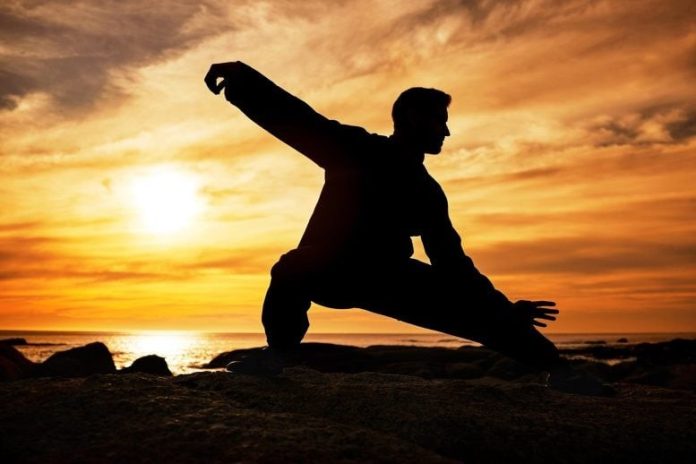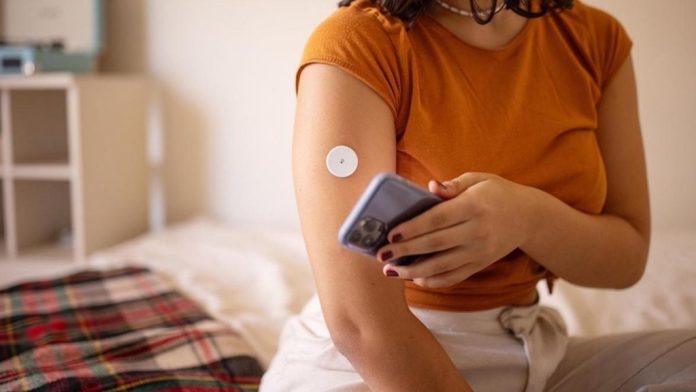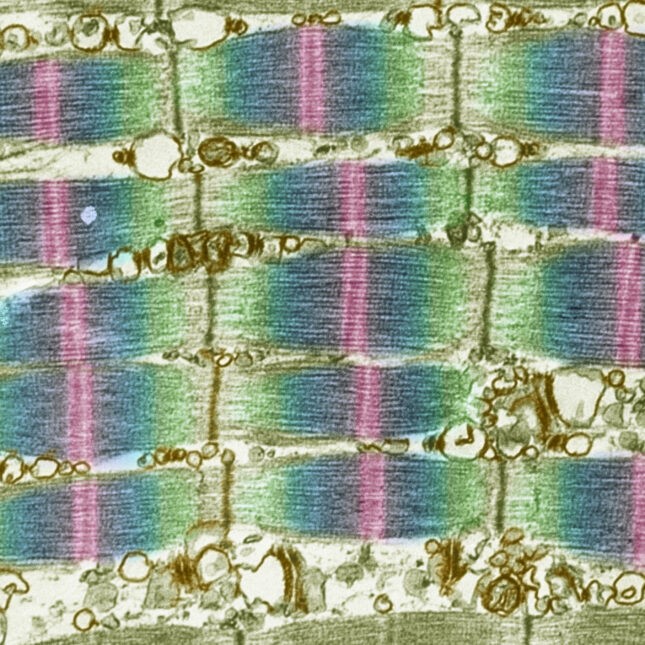This Ancient Practice Beats Pills for Sleep – And Science Backs It
A major analysis of clinical trials has revealed that gentle exercises like Tai Chi, yoga, walking, and jogging may be some of the most powerful natural tools for improving sleep and relieving insomnia, possibly even rivaling medication and therapy.
These mind-body practices were shown to boost total sleep time, reduce sleep latency, and help people stay asleep longer, with Tai Chi performing best across nearly all metrics.
Best Exercises to Improve Sleep
According to a new analysis published in the journal BMJ Evidence Based Medicine, certain forms of exercise—such as yoga, Tai Chi, walking, and jogging—may be among the most effective ways to enhance sleep quality and reduce symptoms of insomnia.
Researchers say the results support using physical activity as a primary approach for addressing sleep difficulties.
Insomnia, which involves problems falling asleep, staying asleep, or waking up too early, affects between 4% and 22% of people, the study notes. It is also linked to higher risks for several serious health conditions, including cardiovascular disease and dementia.
Limitations of Traditional Treatments
While medications can help with insomnia, they often come with side effects. Cognitive behavioral therapy (CBT), a proven non-drug treatment, isn’t always an option either, due to a limited number of trained professionals.
Although previous studies have pointed to the benefits of exercise for better sleep, existing treatment guidelines do not clearly recommend which specific types of exercise work best. To address this gap, the researchers aimed to offer clearer evidence to guide both clinical decisions and patient choices.
They conducted a thorough search of research databases for randomized clinical trials published through April 2025. In total, they included 22 studies in their analysis using a method called network meta-analysis (a statistical approach that allows for the comparison of multiple treatments at once).
A Diverse Set of Exercise Interventions
The trials involved 1348 participants and 13 different treatment approaches to ease insomnia, seven of which were exercise based: yoga; Tai Chi; walking or jogging; aerobic plus strength exercise; strength training alone; aerobic exercise combined with therapy; and mixed aerobic exercises. These programs ranged from 4 up to 26 weeks in length.
The other approaches included CBT; sleep hygiene; Ayurveda; acupuncture/massage; nothing; and existing treatment, such as usual care and/or lifestyle changes, the durations of which ranged from 6 to 26 weeks.
Measuring Sleep Improvements
Validated scoring systems for sleep quality and insomnia severity —PSQI and the ISI45—as well as subjective and objective measures of total sleep time, sleep efficiency (percentage of time spent asleep while in bed), number of awakenings after going to sleep, and time taken to fall asleep (sleep latency) were used to assess sleep patterns.
Compared with existing treatment, CBT is likely to result in a large increase in total sleep time based on subjective sleep diary data. It may also improve sleep efficiency, and shorten the amount of time spent awake after falling asleep as well as sleep latency, with sustained improvements, the findings suggest.
But some of the exercise-based interventions also seemed to be effective, when compared with existing treatment.
Yoga’s Powerful Sleep Benefits
Yoga likely results in a large increase in total sleep time of nearly 2 hours and may improve sleep efficiency by nearly 15%. It may also reduce the amount of time spent awake after falling asleep by nearly an hour, and shorten sleep latency by around half an hour.
Walking or jogging may result in a large reduction in insomnia severity of nearly 10 points, while Tai Chi may reduce poor sleep quality scores by more than 4 points, increase total sleep time by more than 50 minutes, and reduce time spent awake after falling asleep by over half an hour. It may also shorten sleep latency by around 25 minutes.
Tai Chi Emerges as Top Performer
Further in-depth analyses revealed that Tai Chi performed significantly better on all subjectively and objectively assessed outcomes than existing treatments for up to 2 years.
There are potentially plausible biological explanations for the findings, say the researchers.
With its focus on body awareness, controlled breathing, and attentional training, yoga may alter brain activity, thereby alleviating anxiety and depressive symptoms, which often interfere with a good night’s sleep, they suggest.
Tai Chi’s Calming Power Explained
Tai Chi emphasizes breath control and physical relaxation and has been shown to decrease sympathetic nervous system activity, thereby dampening hyperarousal, they add. And its combination of meditative movement and mindfulness may promote emotional regulation, deactivate ‘mental chatter’, and reduce anxiety. It may also help to curb the production of inflammatory chemicals over longer periods, they suggest.
Walking or jogging may improve sleep by increasing energy expenditure, curbing cortisol production, improving emotional regulation, boosting secretion of the sleep hormone melatonin, and enhancing the amount of deep sleep, they continue.
Study Limitations Acknowledged
The researchers acknowledge that 15 (68%) of the included trials contained design and methodological flaws. There were no standardized, quantifiable metrics for the frequency or intensity of exercise interventions, and some of the study samples were small.
Nevertheless, they conclude: “The findings of this study further underscore the therapeutic potential of exercise interventions in the treatment of insomnia, suggesting that their role may extend beyond adjunctive support to serve as viable primary treatment options.
“Although current clinical guidelines make only limited mention of exercise, this study provides relatively comprehensive comparative evidence that may inform the development of more specific and actionable clinical recommendations.
“Given the advantages of exercise modalities such as yoga, Tai Chi, and walking or jogging—including low cost, minimal side effects, and high accessibility—these interventions are well-suited for integration into primary care and community health programs.”
And there may well be one type of exercise that is best suited to easing a particular symptom of insomnia, they suggest, which further research may clarify.











